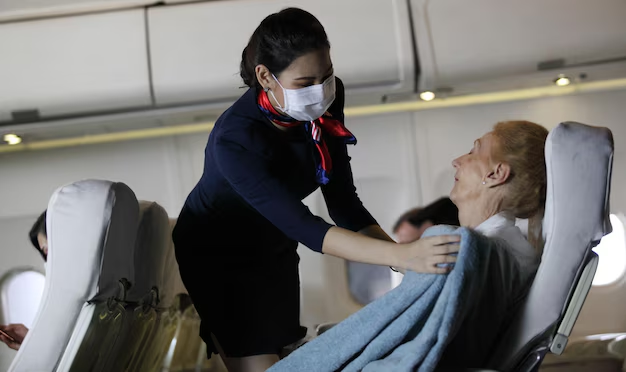Pursuing a Career as a Travel Nurse: Degrees, Certifications, and Licenses
Embarking on a career as a travel nurse offers both adventure and the opportunity to make a significant impact on patient care in diverse settings. To start this rewarding journey, aspiring travel nurses must begin by obtaining a registered nurse (RN) license. This often involves completing an accredited Associate Degree in Nursing (ADN) or Bachelor of Science in Nursing (BSN), followed by passing the NCLEX-RN exam. Although an ADN is a quicker route, a BSN is increasingly preferred by employers for its comprehensive curriculum, preparing nurses for a wider range of responsibilities and better rounding out their skills.
In addition to foundational education, travel nurses often benefit from specialized certifications such as Advanced Cardiac Life Support (ACLS) or Pediatric Advanced Life Support (PALS), depending on their areas of interest. These certifications not only enhance a nurse's skill set but also increase their marketability and flexibility in accepting assignments across various healthcare settings. It's also advisable for travel nurses to gain at least one to two years of clinical experience in a hospital setting to build the confidence and competence needed to thrive in this dynamic role.
Degrees, Certifications, and Licenses for Travel Nurses
- 📜 Associate Degree in Nursing (ADN)
- 🎓 Bachelor of Science in Nursing (BSN)
- 📘 Registered Nurse (RN) License
- 🚑 Advanced Cardiac Life Support (ACLS) Certification
- 🧒 Pediatric Advanced Life Support (PALS) Certification
- 🏥 Clinical Experience (1-2 years recommended)
